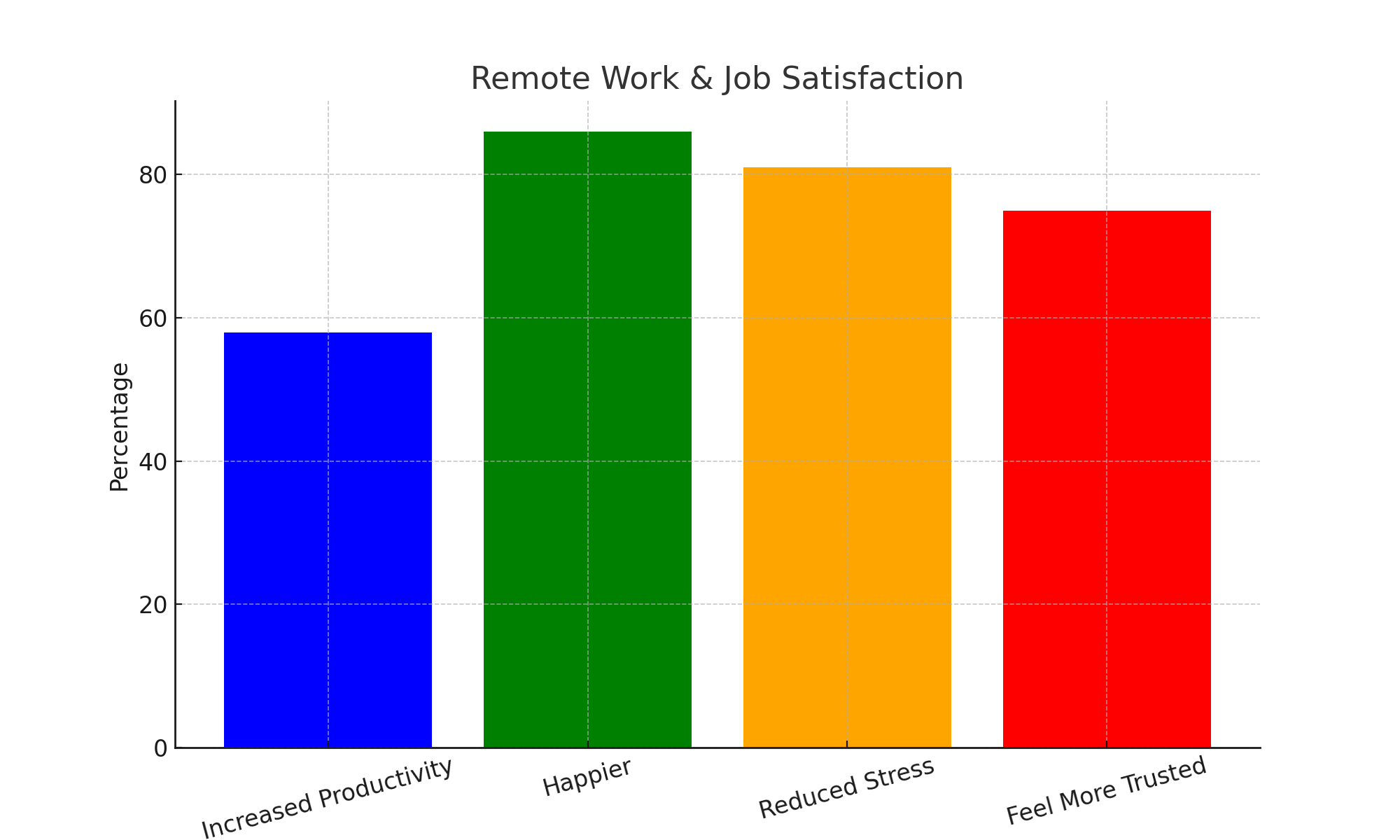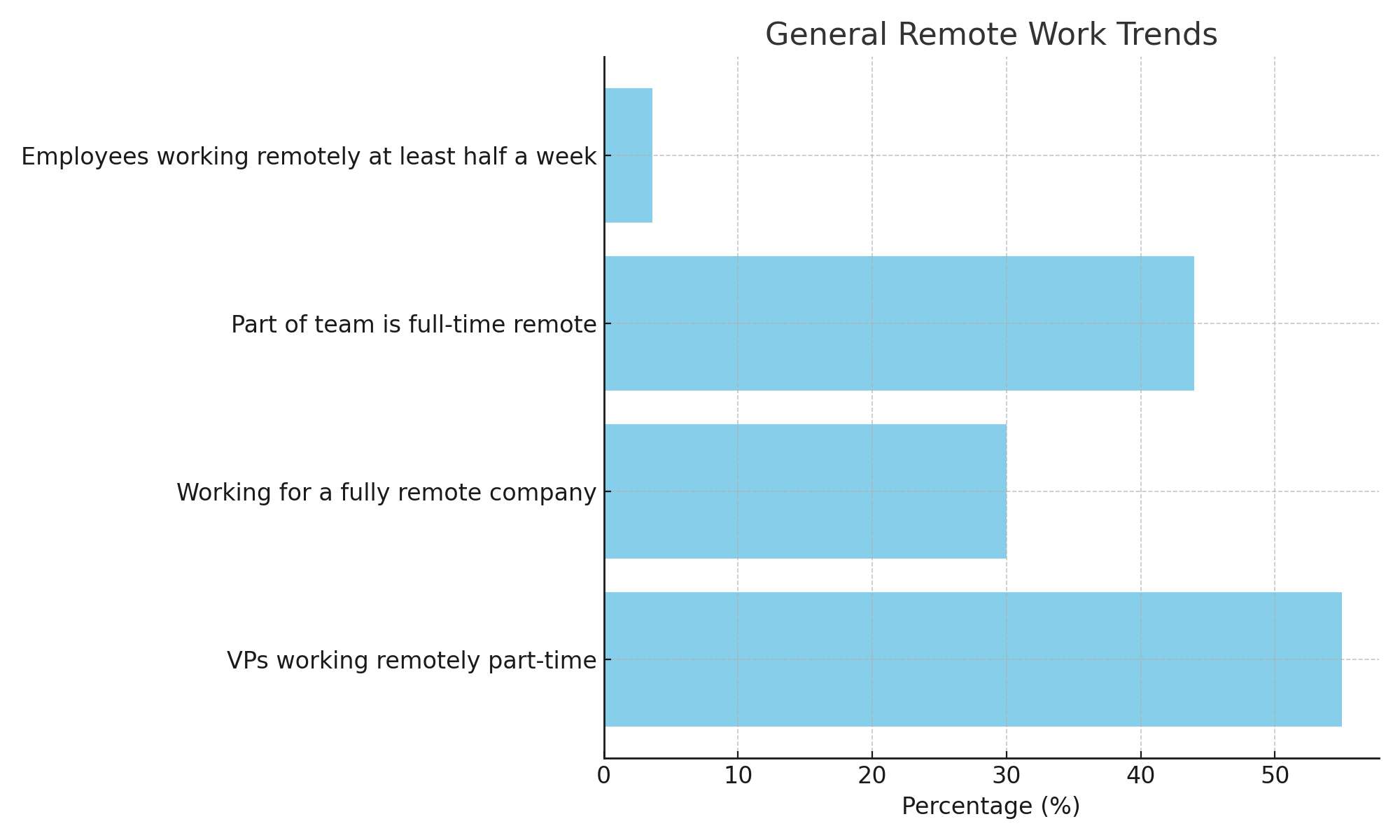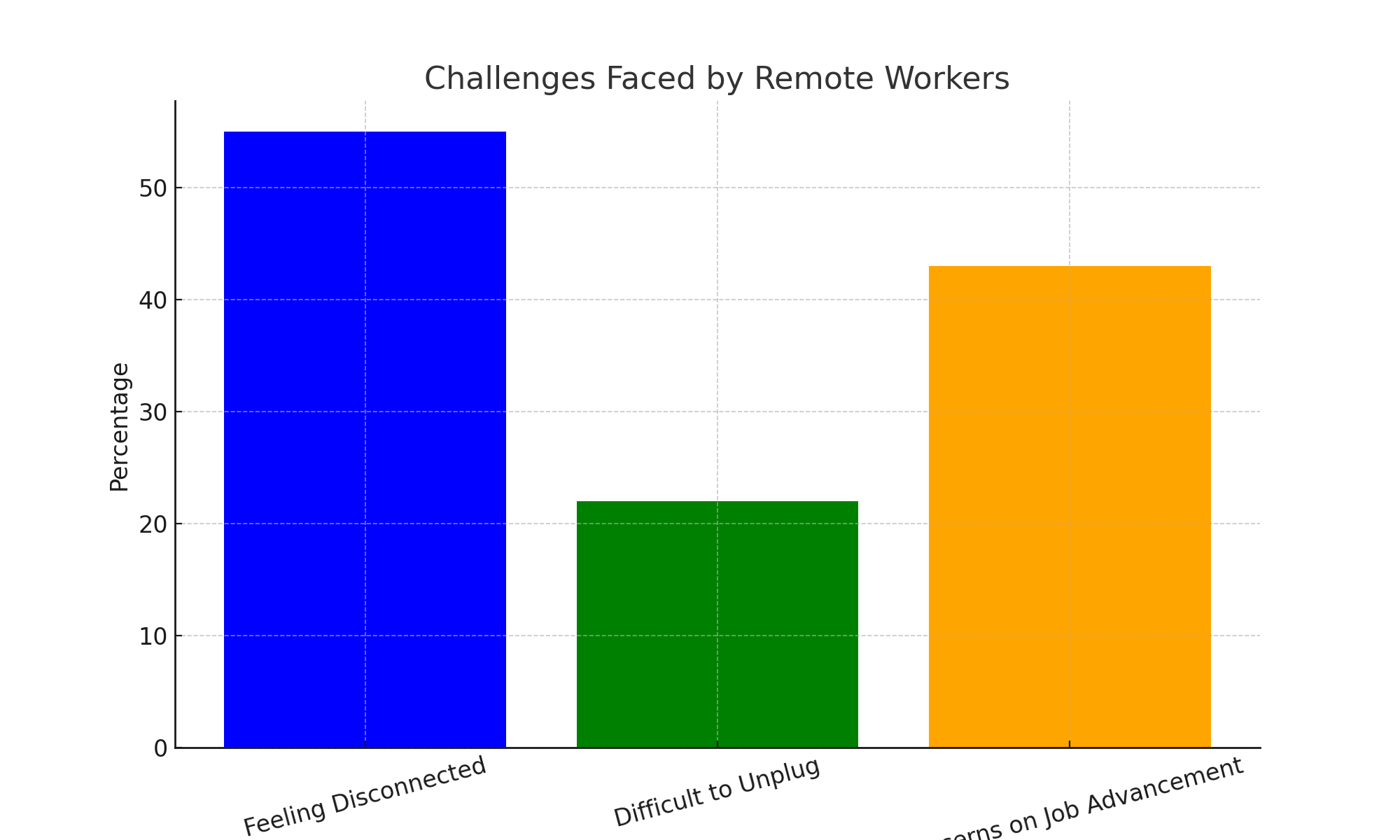
Tips to Prevent Medicare Fraud
Con artists may try to get your Medicare Number or personal information so they can steal your identity and commit Medicare fraud. Medicare fraud results

The last few years have seen an incredible rise in remote work. Advances in technology have enabled more employees than ever before to work productively from home offices, coworking spaces, or even while traveling. Studies show that by 2025, an estimated 70% of the workforce will work remotely at least five days a month. This major shift is redefining the traditional workplace and giving employees greater flexibility.
With remote work becoming so prevalent, both employees and employers need to understand the implications when it comes to benefits like health insurance. This article will explore the key types of insurance remote workers require and why coverage is critical. Having proper insurance provides remote staff with essential financial protection and peace of mind.
Having the proper insurance allows remote staff to avoid potentially catastrophic situations that could impact their finances and livelihoods. While benefits for a decentralized workforce can be complicated, this article explores policies that help remote workers thrive.

Table 1: Key Insurance Policies for Remote Workers
Insurance Type | What It Covers |
Health Insurance | Medical bills, prescriptions, doctor visits |
Disability Insurance | Replaces income if unable to work due to injury/illness |
Cyber Insurance | Costs related to data breaches, hacking, digital asset loss |
Liability Insurance | Injuries or property damage to others at home office |
Equipment Insurance | Loss, theft or damage to company-provided equipment |
As remote work becomes more prevalent, companies must provide benefits like health insurance to employees regardless of where they are located. Here are some of the key policies remote workers require:
Health insurance is often the top concern for remote employees. Companies have several options to provide coverage:
Table 2: Factors When Assessing Health Insurance Options
Consideration | Individual Plans | Group Plans | Spouse’s Plan | International Plans |
Portability | Medium | High | Medium | High |
Choice of Providers | High | Medium | Low | High |
Premium Cost | High | Low | Low | High |
Ease of Administration | Low | High | High | Low |
Disability insurance pays remote employees a portion of their income if they become too injured or ill to work. This protects against loss of earnings. Some considerations:
Liability insurance is recommended for remote employees who meet with clients or customers at a home office. It covers legal costs and payouts if someone is injured on the premises and sues. Homeowners insurance usually excludes business liability.
Cyber insurance is critical for remote workers. It covers costs related to cyber attacks, data breaches, and other online crimes like:
With remote staff working through home networks, cyber risks are greater. Cyber insurance is an essential safeguard.
Table 3: Levels of Cyber Insurance Coverage
Plan Level | Data Breach Coverage | Cyber Extortion Coverage | Business Interruption | Website Media Liability |
Bronze | $50,000 limit | $25,000 limit | $25,000 limit | $100,000 limit |
Silver | $100,000 limit | $50,000 limit | $50,000 limit | $250,000 limit |
Gold | $250,000 limit | $100,000 limit | $100,000 limit | $500,000 limit |
While providing insurance for a decentralized workforce poses challenges, the benefits make it an important investment for companies and remote staff alike. Here are some of the key reasons coverage matters:
Insurance acts as a critical financial safety net for remote employees in case the unexpected occurs. Policies like health, disability, and cyber insurance help cover costly emergencies that could otherwise devastate remote workers. Key financial protections include:
Without coverage, remote employees may go bankrupt due to an unforeseen crisis. Insurance provides a buffer.
Beyond financial protection, insurance also provides invaluable peace of mind for remote employees. Knowing they have policies in place allows remote staff to focus fully on work rather than constantly stressing about potential catastrophes.
Securing coverage does not need to be overly expensive, especially with some newer remote work-oriented health insurance plans. Companies can also keep costs low by offering stipends for individuals to buy their own tailored plans. The peace of mind insurance delivers is well worth the investment.
For companies providing equipment or covering liabilities for remote staff, insurance also plays a key role in protecting business assets and mitigating risks. For example:
Insurance reduces financial exposures for companies with remote staff. This allows greater freedom to embrace flexible work.
While coordinating benefits for remote employees takes effort, the payoff in protection and peace of mind makes insurance a smart investment all around. Companies show they value their staff by securing coverage.

Providing insurance for remote employees comes with some unique challenges that companies should be aware of. Here are key special considerations around insurance for remote workers:
Workers’ compensation regulations can vary significantly between states. It is important to be aware of the laws in any state where remote staff are based. In most cases, injuries occurring during work hours would be covered even if working from home.
Companies should promote ergonomic office setups and safe workspace practices to help reduce the risk of remote employee injuries. Providing tips on ideal desk height, posture, lighting, and more can help minimize claims.
Have written telecommuting policies for remote employees outlining expectations around:
This avoids confusion and promotes compliance.
It is critical that remote employees access sensitive company data only through secure virtual private network (VPN) connections, use strong passwords, and receive regular cyber security awareness training.

Ensure insurance policies cover loss, theft, or damage of any laptops, tools, or other company-owned equipment used by remote staff outside the office. Home or renters’ insurance likely excludes this.
Although rules vary, remote employees should generally be covered by workers’ compensation even when traveling for work purposes. However, supplemental travel insurance can provide additional protection.
Independent contractors and freelancers typically cannot receive workers’ compensation or liability coverage through an employer’s policy. Make sure they obtain their own coverage.
Consulting local insurance advisors in regions where remote staff work can provide guidance on avoiding gaps and ensuring compliance. While complex, appropriate insurance enables a thriving remote workforce.
As remote work becomes the norm, companies must take steps to provide appropriate insurance for their distributed workforce. Having proper coverage in place allows remote employees to thrive without worrying about potential financial catastrophes.
This article summarized the key types of insurance remote workers need, like health, disability, cyber, and equipment insurance. We also explored why protection matters for both remote staff and the companies that support them. While coordinating benefits across borders and home offices raises challenges, the peace of mind delivered is invaluable.
If you need guidance securing customized insurance for your remote team, the experts at Branco Insurance Group are here to help. Contact us today to discuss your unique remote work requirements. We make it simple to find tailored coverage that fits your remote staff needs and budget. Our dedicated advisors will explain all your options and answer any questions.
Don’t leave your remote team vulnerable. Call Branco Insurance Group now at (203) 723-8500 or request a quote online to get affordable insurance for your remote employees. We look forward to helping you protect your invaluable distributed workforce.
Remote workers have several options to get health coverage:
Yes, remote employees should be provided with certain key insurance policies by their employer including:
Working from home requires insurance like:
A comprehensive telecommuting policy outlines expectations and rules for remote employees around:
Insurance for remote staff focuses more heavily on portable policies like health and cyber insurance. There is also greater emphasis on covering risks and equipment outside company premises.
Key compliance factors include adhering to varying state workers' comp laws, international health insurance regulations, and tax rules around health stipends.
Generally no – independent contractors must obtain their own policies like liability and workers' comp insurance and cannot be covered by an employer.
Tips like ergonomic office setups, stretching breaks, proper workstation lighting, and home safety can help minimize remote worker injuries and insurance claims.
It depends on the policy - employees should always discuss location changes in advance with HR and insurance providers to ensure seamless coverage.

Con artists may try to get your Medicare Number or personal information so they can steal your identity and commit Medicare fraud. Medicare fraud results

Summer is a fun time for humans and pets, but the rising temperatures can pose risks to our furry friends. Here are some essential tips
